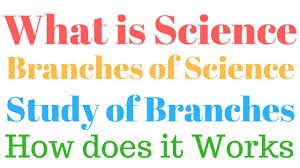 Imagine there’s a video game, where the player must decide which tools to use to dig themselves out a hole without acknowledging that holes exist OR that the player is trapped in one and hence needs the tools. The point of the game (beyond your apparent need to never face 30 contiguous seconds of not looking at your phone) is to let players experience what it feels like to be a member of the House Science Committee:
Imagine there’s a video game, where the player must decide which tools to use to dig themselves out a hole without acknowledging that holes exist OR that the player is trapped in one and hence needs the tools. The point of the game (beyond your apparent need to never face 30 contiguous seconds of not looking at your phone) is to let players experience what it feels like to be a member of the House Science Committee:
Despite this reputation, the environment and energy subcommittees called four honest-to-God climate scientists to testify about one of the most controversial solutions to climate change: geoengineering. These technofixes, which could reflect sun back into space or draw down carbon dioxide from the atmosphere, all with the intent to cool the planet, were front and center. Committee members were actually eager to hear about it and where the federal government could spend to help prop up research.
There was just one tiny problem: None of the Republicans could bring themselves to acknowledge that carbon dioxide is the root cause of climate change. Nor could they bring up that reducing carbon emissions is a way more proven and cost-effective avenue to address climate change. It was at once comical and damn terrifying.
Level three is when comical and damn terrifying meld into one confused emotion. Welcome to level three.




